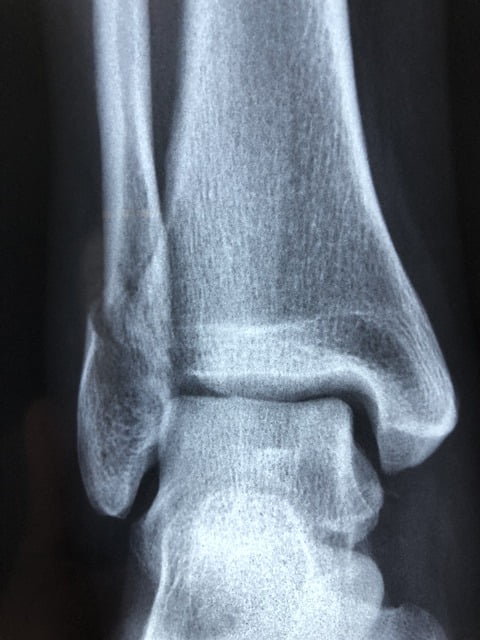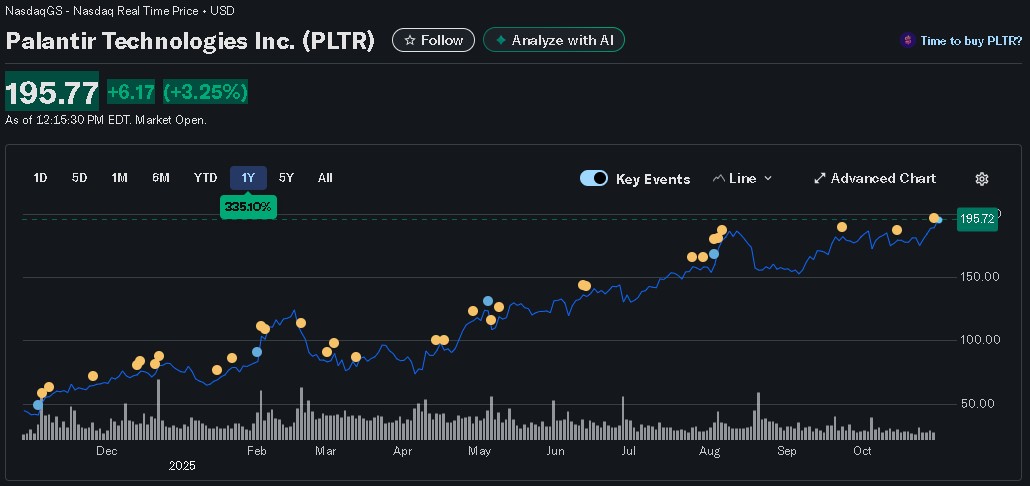
As you search for a new mini C arm, it’s important to consider the following considerations. It will help you narrow your options and find the perfect system for your practice. Try a few different techniques and see how they fit into your workflow. Also, get feedback from surgeons and radiographers about the image quality and ease of use.
Uptime
Ideally, you want to ensure the mini C arm will operate as intended for all your procedures. It means ensuring the system has proper cooling capabilities that prevent overheating during demanding cases. Smaller size, compact C-arms provide instant results thanks to a flat panel detector, which converts X-rays into digital images directly on the spot. Their smaller arcs and lower generator power capacity do not allow for imaging thicker body parts, but they are ideal for hospital settings, pet clinics, pediatric orthopedics and pain management. They are also cheaper than full-size C-arms.

Image Quality
When it comes to medical imaging, everyone wants to be able to get high-quality images. It is especially true with c-arms. Image quality is based on the combination of several components within the system. These include the digital camera, x-ray power and monitor display. Each can affect image quality, but they must work together for the c-arm to produce great images. Many new c-arms from websites like https://www.minicarm.com/ improves image quality while decreasing skin entry and scatter radiation for surgeons and patients. They also come with large displays that allow for a clear evaluation of images. This can reduce surgical delays, patient discomfort and staff exposure to unnecessary radiation.
Image Storage
Unlike full-size C-Arms, which use multiple monitors, the mini version has a single display. It makes it easy for surgeons to access images quickly and eliminates the need for a separate monitor cart. The device is also smaller and lighter than a traditional C-Arm, making moving from room to room easier. Additionally, it can penetrate dense anatomy more easily than a standard C-Arm because it has a generator of up to 20kW. If you are considering a mini c-arm, ask other surgeons and radiographers what they think of the machine before buying it. It would help if you also felt the space available for the system and your OR’s electrical capabilities. The last thing you need is voltage changes to prevent the c-arm from functioning.
Convenience
Unlike their larger counterparts, mini C-arms do not require a radiographer to operate, allowing for quicker setup and more efficiency. They also provide better workplace access and have a smaller footprint. They can be used for many procedures, including assessing fractures, removing foreign bodies and conducting studies on the spine. For example, a survey showed that they could help reduce the time required for closed reduction of pediatric forearm fractures and result in similar re-displacement rates to formal X-ray imaging. However, surgeons should know the radiation scatter from orthopedic hardware during fluoroscopy. Therefore, they should use the Mini C-arm vertically and wear lead-lined glasses or other specialized protective clothing. It will help reduce exposure and ensure the images are clear.
Size
The size of your mini C arm will majorly affect the overall cost. A flat detector digital unit will be on the higher end of the spectrum, while a compact system designed to be portable and lightweight will be on the lower back. Another aspect of size to consider is how much storage you will need on the machine itself. The ability to store a week’s worth of images or even a month’s worth will be critical. It will be a deciding factor for many customers. You must also consider whether you want to save the images to PACS.
[custom-twitter-feeds feed=2]






